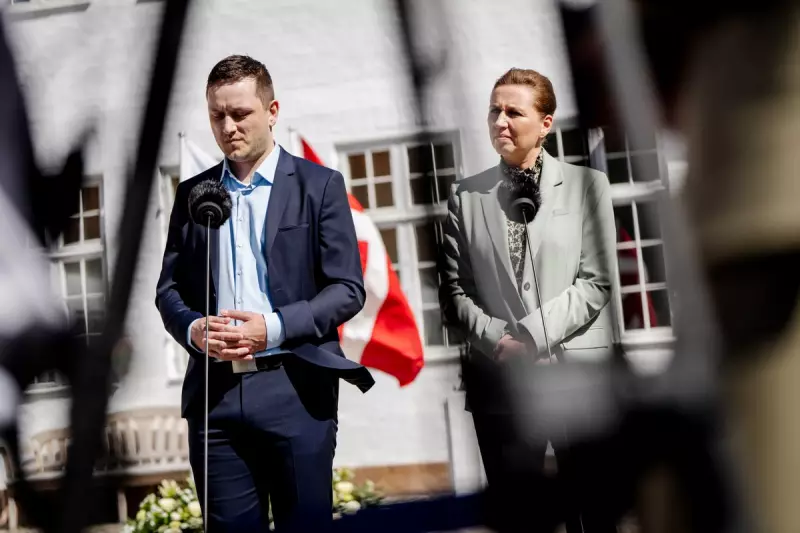
In a historic move that challenges Denmark to confront its colonial past, Greenland's Prime Minister has issued a powerful demand for a formal apology. Mette Egede's call for reconciliation comes on the heels of a damning report detailing Denmark's systematic efforts to erase Inuit culture and language throughout the 20th century.
The comprehensive 143-page document, presented to both governments, paints a disturbing picture of forced assimilation policies. Danish authorities implemented a calculated strategy to suppress Greenlandic identity, prioritising the Danish language in education and healthcare while deliberately undermining Inuit cultural practices.
A Legacy of Cultural Erasure
The report meticulously documents how Greenlandic children were often separated from their families and sent to Denmark for "education," losing connection to their heritage in the process. Healthcare services were delivered exclusively in Danish, creating dangerous barriers for Inuit patients unable to communicate with medical staff.
Perhaps most shockingly, the investigation reveals how Danish authorities actively worked to replace Greenlandic place names with Danish alternatives, attempting to literally rewrite the map of the territory they controlled.
A Political Reckoning
The findings have created a diplomatic challenge for Danish Prime Minister Mette Frederiksen, who now faces growing pressure to acknowledge Denmark's colonial legacy formally. While the report stops short of recommending specific compensation measures, it unequivocally calls for official recognition of the suffering caused.
Greenland, while now self-governing, remains part of the Danish realm. This complex relationship adds significance to the apology demand, which represents not just symbolic reconciliation but a potential reshaping of the two nations' ongoing partnership.
The Path Forward
The report recommends establishing an independent committee to continue investigating Denmark-Greenland relations from 1953 to the present day. This suggests the initial findings may represent only the beginning of a broader truth and reconciliation process.
As both nations digest the report's conclusions, the international community watches closely. How Denmark responds to this call for accountability could set important precedents for how former colonial powers address historical injustices against indigenous populations worldwide.





